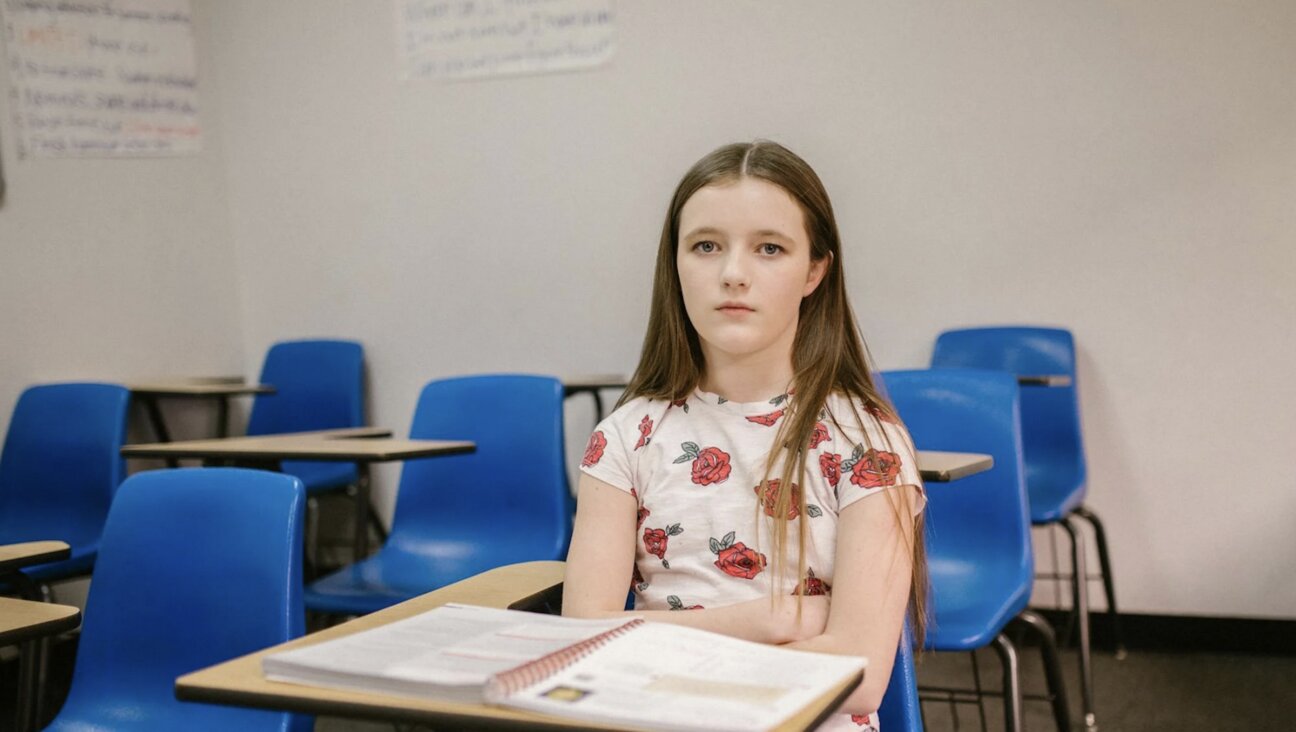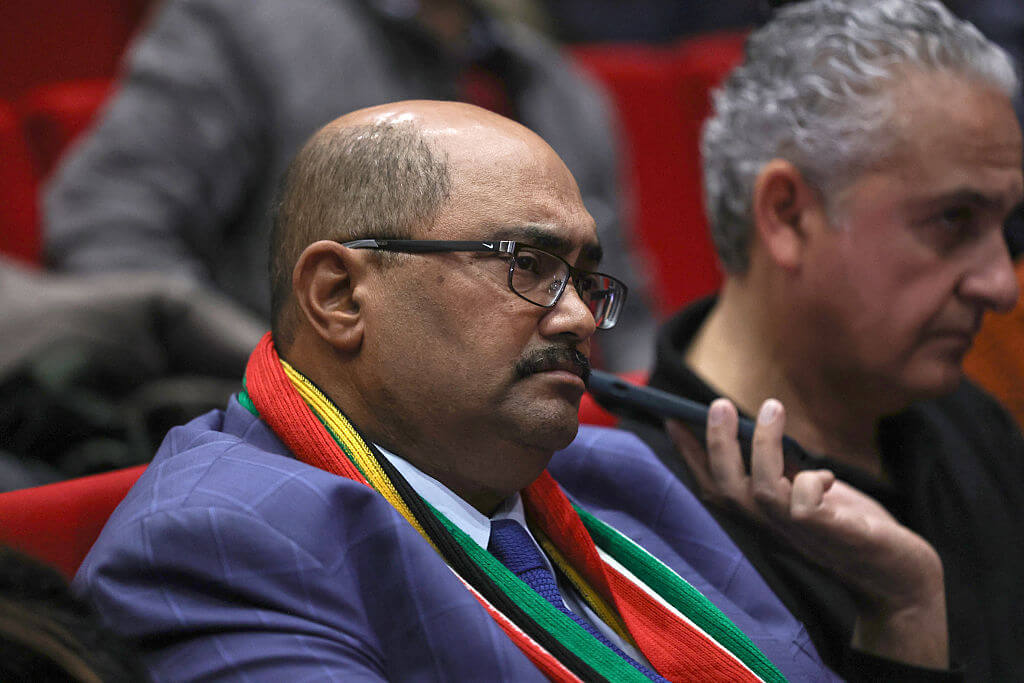Michael Uram

Graphic by Angelie Zaslavsky
In the lead-up to the first national conference of the movement to boycott, divest from, and implement sanctions (BDS) against Israel on the University of Pennsylvania campus in February, tensions were high. Activists on both sides of the aisle anticipated major protests and a breakdown in campus civility.
But then the campus quieted. For the first time in recent memory, anti-Israel speech was met with a cold shoulder instead of an attack.
The brain behind this response was Rabbi Michael Uram, the 36-year-old director of Penn Hillel. Rather than launch a counterprotest — and call attention to BDS — Penn Hillel hosted a handful of small, student-organized events, such as a fundraiser in a bar for an Israeli family affected by terror attacks and a series of dinnertime chats called “Israel Across Penn.” The only fighting words came from Harvard lawyer and noted Israel defender Alan Dershowitz, who strongly condemned the conference, even as he defended the BDS proponents’ right to gather.
Though it had its early detractors, Uram’s quiet advocacy is now held up as an example of the right type of Israel activism — student run, and positive in tone. Donors impressed with Penn Hillel gave it tens of thousands of dollars after the BDS conference. The David Project, a major pro-Israel campus group once known for its aggressive tactics, now urges its student leaders to ditch the “name and shame” approach and to focus instead on educating college students about Israel.
Whether Israel advocates will turn completely from campus confrontation remains to be seen. But Uram’s shifting of the paradigm is proof that silence is sometimes louder than words.
















